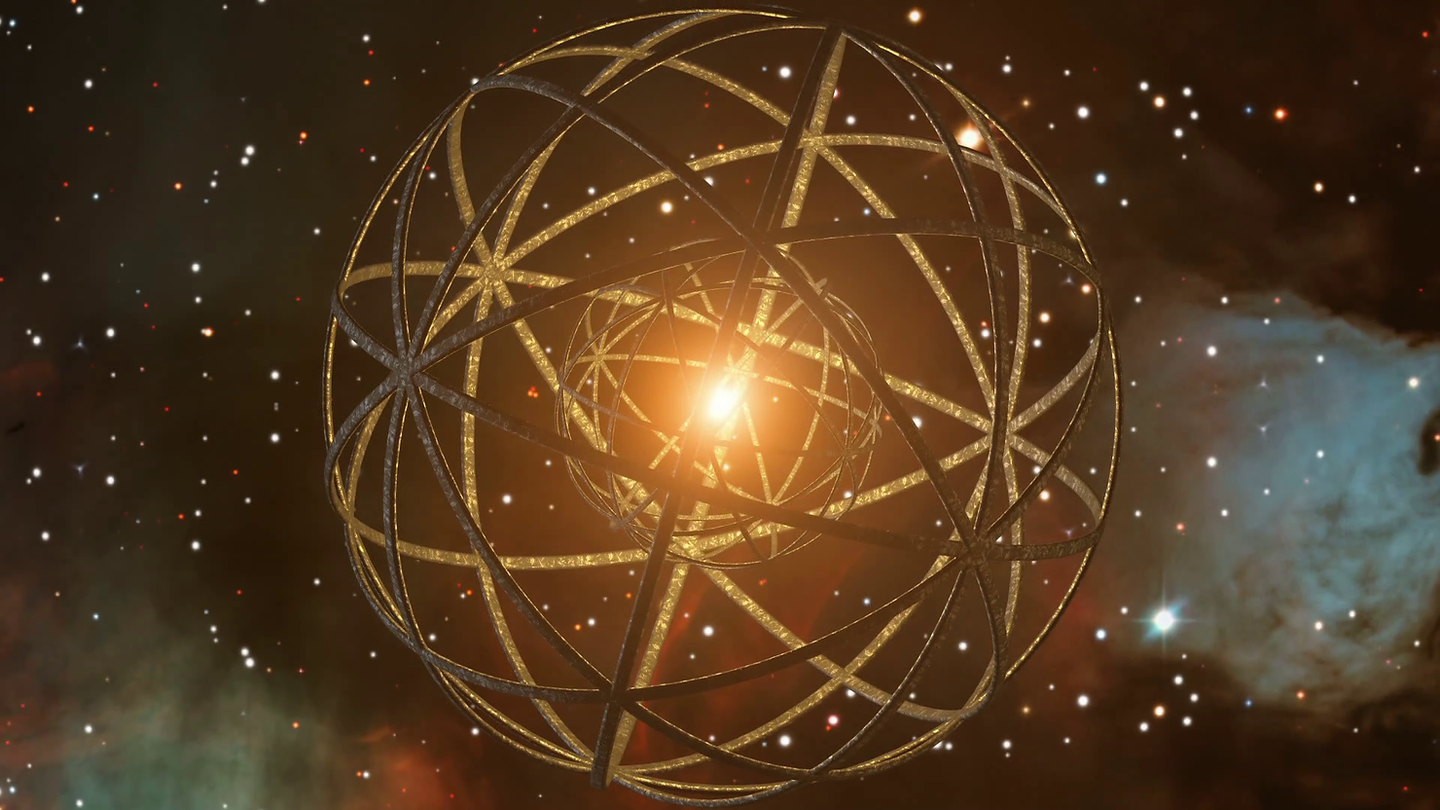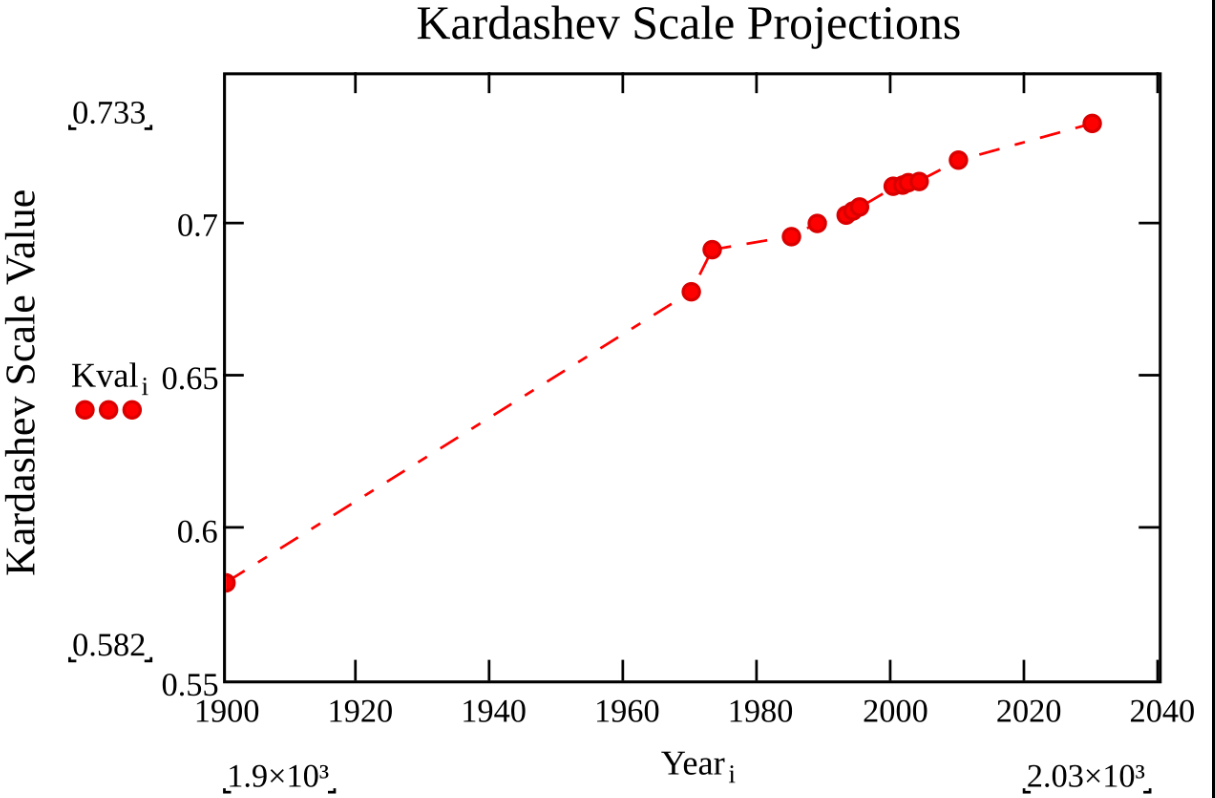Disconnect
Lately in Oil and Gas Exploration and related geosciences we are pushing some active implementation of AI tools. As an Oil&Gas Executive in real life lot of my duties fall in implementing new technology to simplify our work. So I have been trying to learn and catch up as much information as I can on the subject. Boy! I must say that I have a lot to learn on the topic. I was reading some material online, in fact, more and more I am using Microsoft copilot and Google Gemini for my research while at work or at home respectively, I came across some conferences where people like, Ben Goertzel, a computer scientist and CEO of SingularityNET, claiming that AGI (Artificial General Intelligence) could be deployed commercially as early as 2027! I do not know if many of you understand how big or important this claim is, because the skeptics thinks this may not be possible in the next 60 years! Obviously Ben is an well known 'accelerationist' in the world of AI, and considered the Father of AGI, so it is normal coming from him, and I do not think he is faking it, he really believes it.
For those who are less familiar with AI, here is a summary:
The best AI systems in deployment today are considered "narrow AI" because they may be more capable than humans in one area, based on training data, but can't outperform humans more generally. These narrow AI systems, which range from machine learning algorithms to large language models (LLMs) like ChatGPT, struggle to reason like humans and understand context.
AGI, on the other hand, points to a type of artificial intelligence that has the ability to understand, learn, and apply knowledge across a wide range of tasks at a level comparable to human intelligence. In other words, it can think like us. It can do things beyond pattern recognition. This is where my personal expertise come in. One of the thing, exploration geosciensts in the oil industry does for living is interpret seismic data. A lot of that is art, and intuitive and not really algorithm or process driven. However, I have been shown and demonstrated that AI based algorithm can do a lot of busy work by brute force already based on today's technology. The barrier currently for us is processing power and energy needed for it.

There lies the disconnect. People like me are in the Energy business, but that is old technology and old way of harvesting energy, mostly by burning fossil fuel.
As per The Kardashev Scale of civilization, we at currently as 0.7.

Source: Current energy harvest and near term projection of our civilization
Sorry let me back up. Back in 1964, Russian astrophysicist Nikolai Kardashev defined a way to measure the advancement of a planetary civilization by its energy harvest. There are three types:
| Type | How much energy harvested | From where |
|---|---|---|
| Type 1 | Approximately 10^16 watts | All possible energy from its own planet |
| Type 2 | Approximately 10^26 watts | Total energy output from its home star |
| Type 3 | Approximately 10^36 watts | Total energy output from its own galaxy |
Obviously these numbers are insanely big. We must benchmark with where we are currently in terms of earth: We are about 0.7 :) Also, that is based on projection of the Kardashev scale to 2040 based on data from the International Energy Agency World Energy Outlook.
Yet, here is the disconnect! In some of those AGI conferences, people are talking about building Dyson Sphere around the sun around 2050, and thereby progressing our civilization to Type 2 on the Kardashev scale. By the way, that is the first image, an artist rendition of a partial Dyson Sphere, which are solar panels around the sun to harvest most of its energy output!
Look, I don't want to be the pessimist here, and I applaud all the technological advancement we are making at a very rapid pace. However, if we just consider tha energy output, we are talking 10-12 orders of magnitude here! Can we do it in the next 30 years? 300 years? Well if civilization lasts that long....

